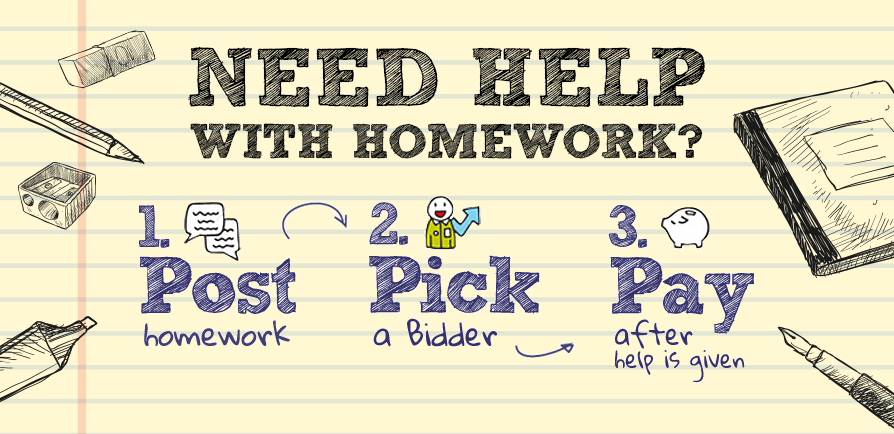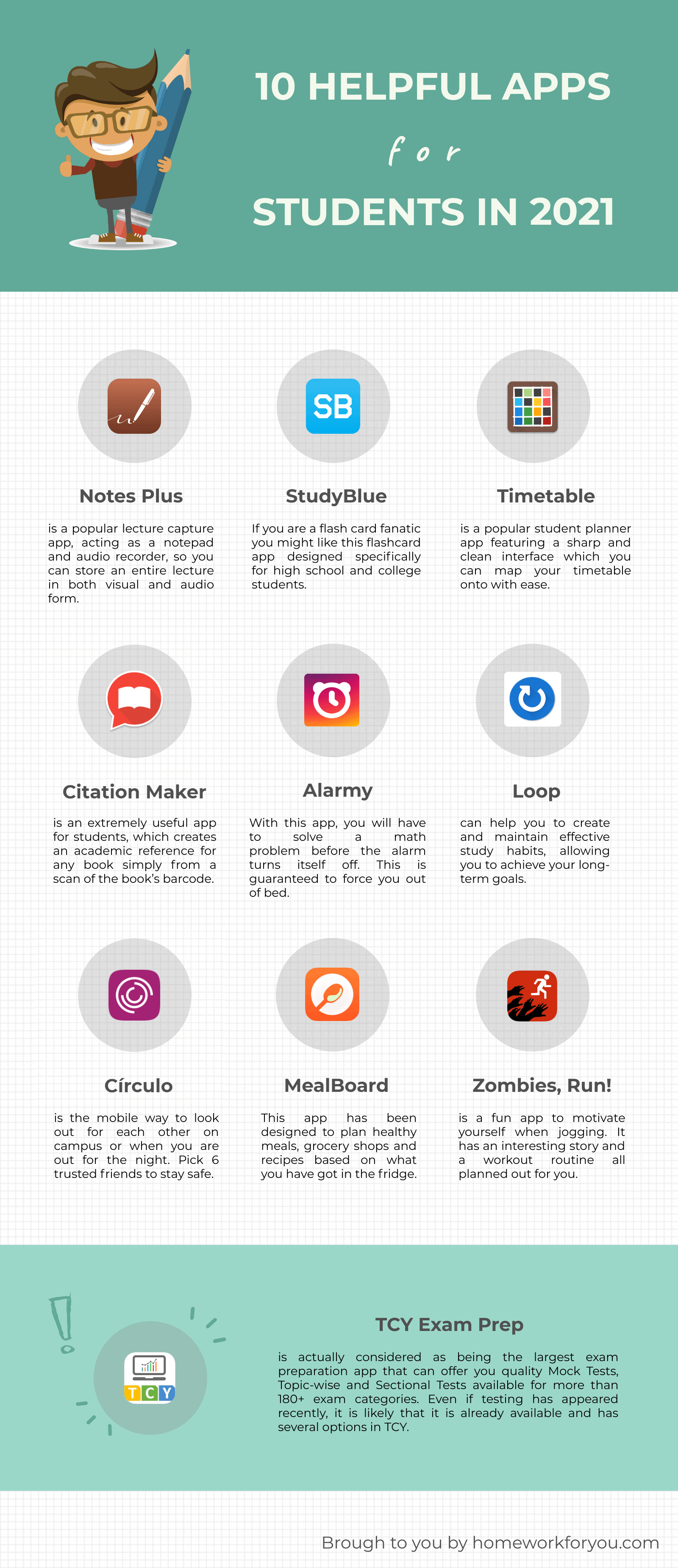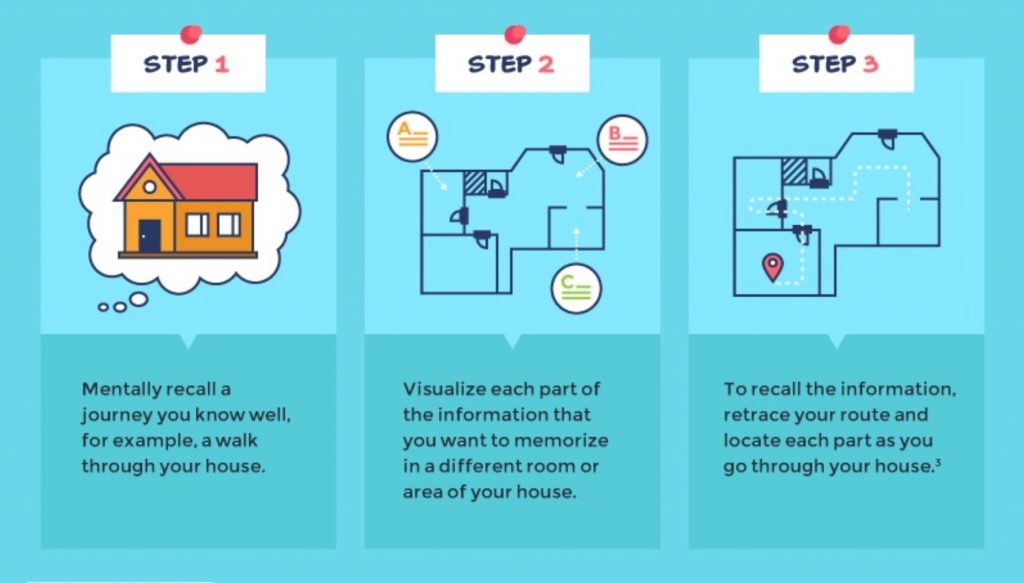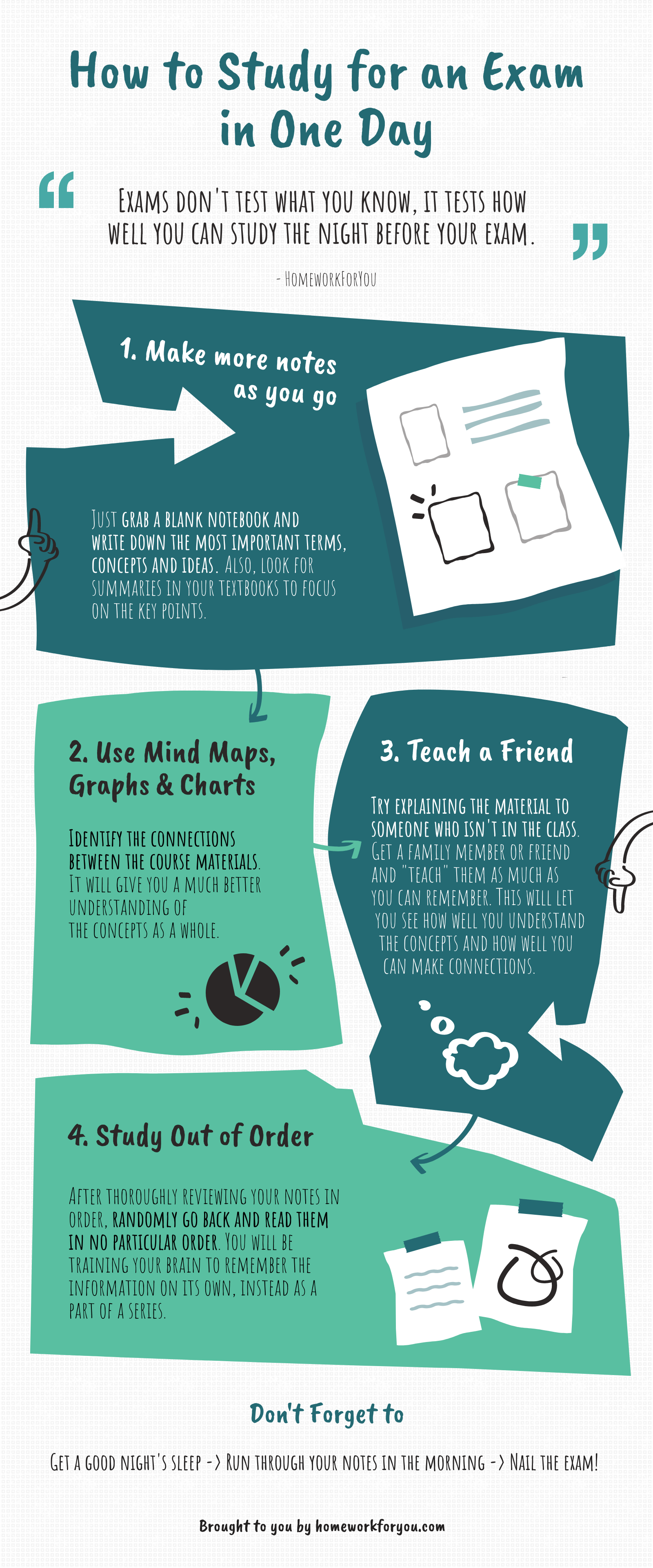Studying alone can be difficult and boring, but having to study at home during the coronavirus outbreak is a whole new challenge for high school and college students. Here are five easy-to-follow study tips for managing the COVID-19 boredom, staying on task, and riding this out while achieving the academic goals.

1. Carve Out Your Study Space
Set up a dedicated area at home where you can study. Make sure there is plenty of natural sunlight and you have ample desk space to work on. Also, don’t forget to relocate all of your study materials and tools once you’ve finished studying, so that space may go back to its original purpose. Use a portable container like a backpack or small box, so you can keep everything together and move between spaces easily when necessary.
2. Follow the 5-Minute Rule
Select an assignment you want to work on, and you vow to work on it for 5 minutes, and 5 minutes only. If after this time you still don’t feel like it, you can stop with no strings attached. However, what most college students find out is that after 5 minutes of doing something, it’s easy to proceed until the task is done. Oftentimes, the hardest part is simply getting started. By thinking about the assignment as something that may take only 5 minutes, it feels much less overwhelming and a lot more achievable.
3. Study with Your Classmates Online
While you are doing your best to practice social distancing and minimize the spread of the coronavirus, safe social interaction is still helpful, especially for studying. Consider organizing virtual study groups with your classmates to not only get your dose of socializing during this critical period but also to hold each other accountable to your academic goals.
Continue reading











